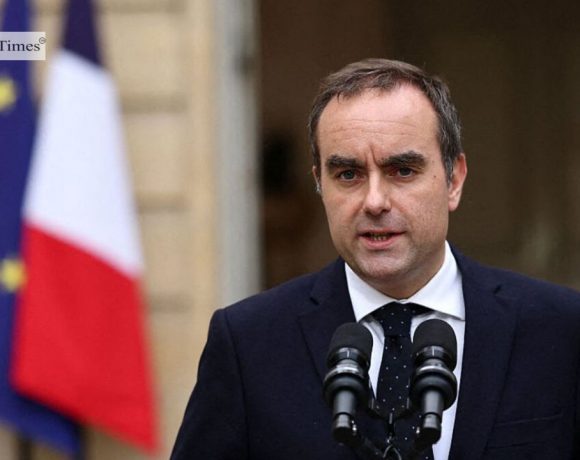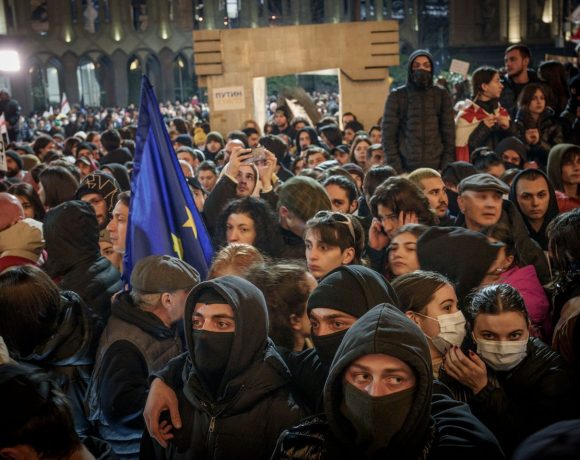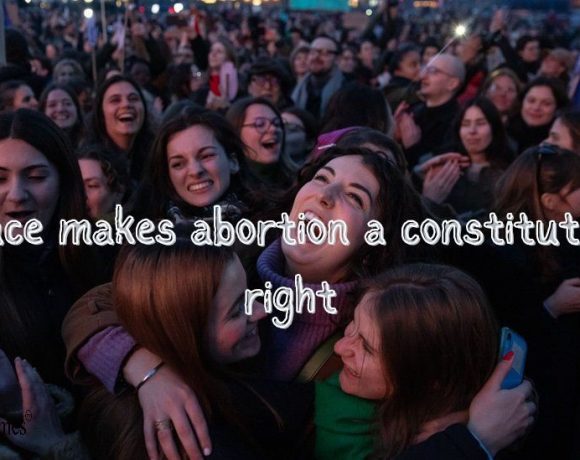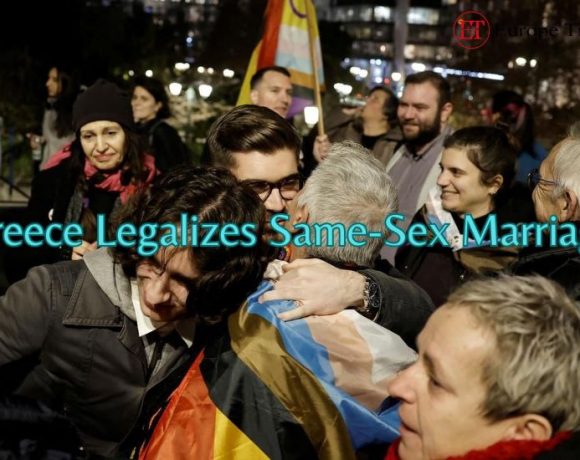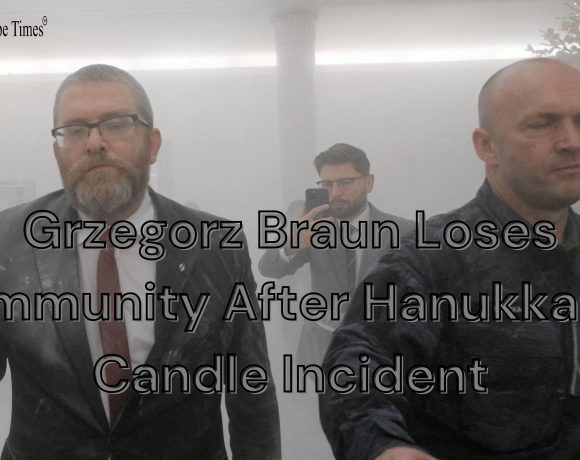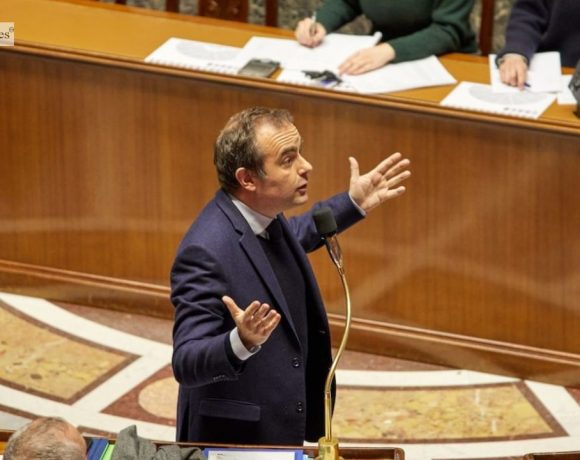
French Prime Minister Sebastien Lecornu announced that he will use Article 49.3 of the Constitution to pass the 2026 budget without a parliamentary vote, after securing enough support to survive an expected no-confidence motion. Lecornu expressed regret for going back on his previous promise to avoid this procedure but said it was necessary to finalize the centrist government’s deficit-cutting budget. The lower house is expected to approve the income side of the legislation before it moves to the Senate.
To gain Socialist backing while keeping conservatives from opposing, the government has increased support for low-income households, extended affordable university meals, and promised more affordable housing. Measures to fund these initiatives include extending a corporate surtax on large companies, projected to raise €8 billion. Socialist leader Boris Vallaud indicated that these concessions might prevent the need for a no-confidence vote.
France has faced political instability over the budget, losing two governments and risking a snap election. While neither major party is fully satisfied with the proposals, they are reluctant to trigger early elections ahead of the presidential vote. Hard-left France Unbowed has promised to file a no-confidence motion, though analysts say the final budget, with higher taxes and increased spending, may weigh on investment and economic growth in 2026.
Pic courtesy: google/ images are subject to copyright


